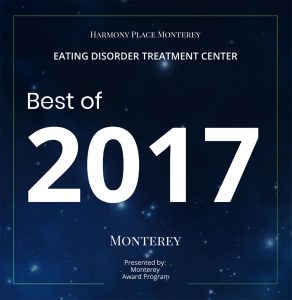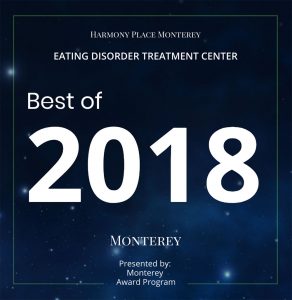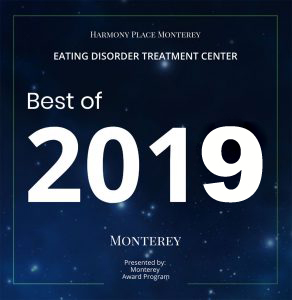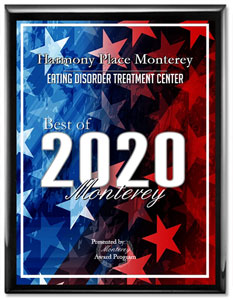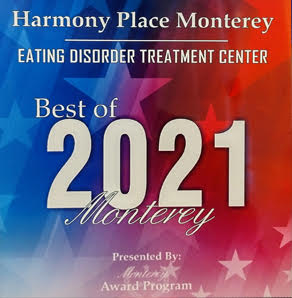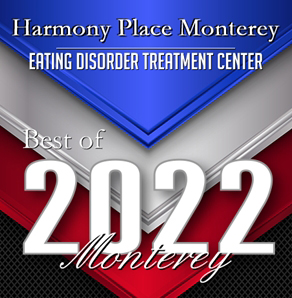The first step in connecting with others is to discover and strengthen one’s connection within, discovering one’s “real self” instead of the “false self” that has been shown to the world. The false self is an adaptation or mask, created as an actor on a stage, as childhood experiences didn’t teach the individual how to authentically and safely be effective in the world. The client feels like an imposter, imitating others to avoid rejection. For one’s real self to unfold, one must re-own parts of self and emotions that have been discarded. Biographical experiences from early development must be understood and reintegrated.
The next step in the healing process is to establish a secure attachment with self and others. When one is afraid or overwhelmed, a natural response is to turn to others for help. If others are rejecting or punitive, one learns to protect oneself from this danger by shutting down, becoming distrustful, and erecting walls of a false self. In early recovery, one begins to learn how to trust again and how to discern those who are deserving of trust from those who are not. With assistance, clients practice being open, vulnerable, and receptive, allowing emotional attachment without retreat. The individual in recovery must begin to learn and accept that others will often but not always be available to meet their needs.
Developing an ability to self sooth in healthy ways is an essential part of this process in recovery. When relational needs aren’t consistently met and this is processed in therapy, individuals learn to work through perceived rejection in ways other than withdrawal into old, maladaptive habits of addiction.
The final step in connection is strengthening the individual’s feelings of self-acceptance, self efficacy, and learning to treat oneself with kindness and respect. Those who struggle with addiction sometimes feel “conditionally” accepted and often struggle with perfectionism, self-hate, and punishment. It is difficult for this sort of client to accept care or kindness from others, when they hate themselves. Challenging and reversing the individual’s constant barrage of negative self-statements is critical to fostering healthy connections to oneself and others.

